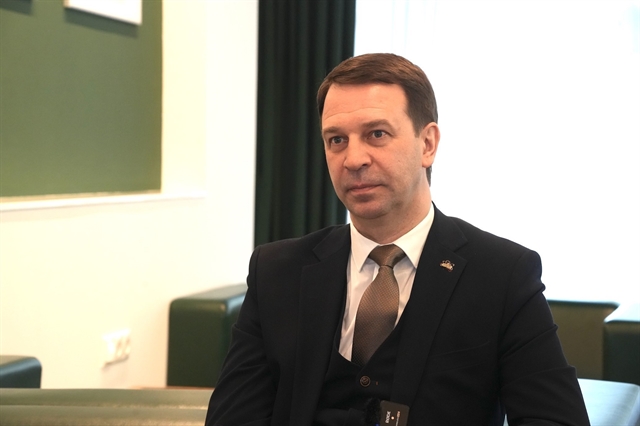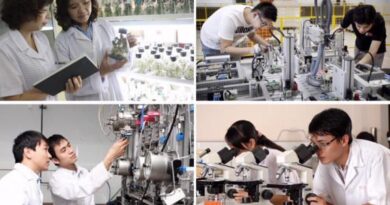Russian Expert Commends Vietnam’s Science and Technology Development Policy
Vietnam has chosen the right path by prioritizing science and technology development, along with innovation, as key drivers of socio-economic growth, according to Dr. Grigory Trubnikov, an Academician of the Russian Academy of Science and Director of the Joint Institute for Nuclear Research (JINR) in Dubna, commonly known as the Dubna Institute.

In a recent interview , Trubnikov discussed the significance of the Politburo’s Resolution No. 57, which aims to accelerate breakthroughs in science, technology, innovation, and national digital transformation. He emphasized that this resolution is a crucial step toward unlocking Vietnam’s technological potential.
Trubnikov highlighted Vietnam’s strong economic growth, favorable geographical location, and advantageous climatic conditions as key factors supporting its advancement in scientific, technological, and educational sectors. He also underscored the importance of international cooperation in fostering national scientific development.
According to him, international collaboration offers both economic and intellectual benefits, as each participating country contributes expertise and resources. The collective intellectual potential generated through such partnerships is invaluable. He noted that the JINR openly shares its scientific publications, inventions, and technologies with the global research community, benefiting Vietnam and other member nations.
The Russian expert also praised the growing scientific cooperation between Vietnam and Russia, citing new momentum gained following the Vietnamese government’s approval of a policy to establish a nuclear technology center. The Dubna Institute has played an active role in this initiative, contributing to the design of sophisticated equipment for various fields, including medicine, biology, fundamental research, and advanced materials.
Reflecting on recent years of delegation exchanges, Trubnikov emphasized that these collaborations are paving the way for long-term scientific development in Vietnam. He noted that the nuclear technology center will significantly influence Vietnam’s scientific landscape for the next 30 to 40 years.
Although the project is still in its design phase, Vietnamese scientists at Dubna are actively preparing by enhancing their skills to meet the project’s demands. Trubnikov expressed hope that the center will be established within the next one to two years, with support from Russia’s Rosatom State Atomic Energy Corporation. By then, 20 to 30 Vietnamese scientists trained at Dubna, equipped with practical experience and expertise, will be ready to contribute to their homeland’s scientific progress.


